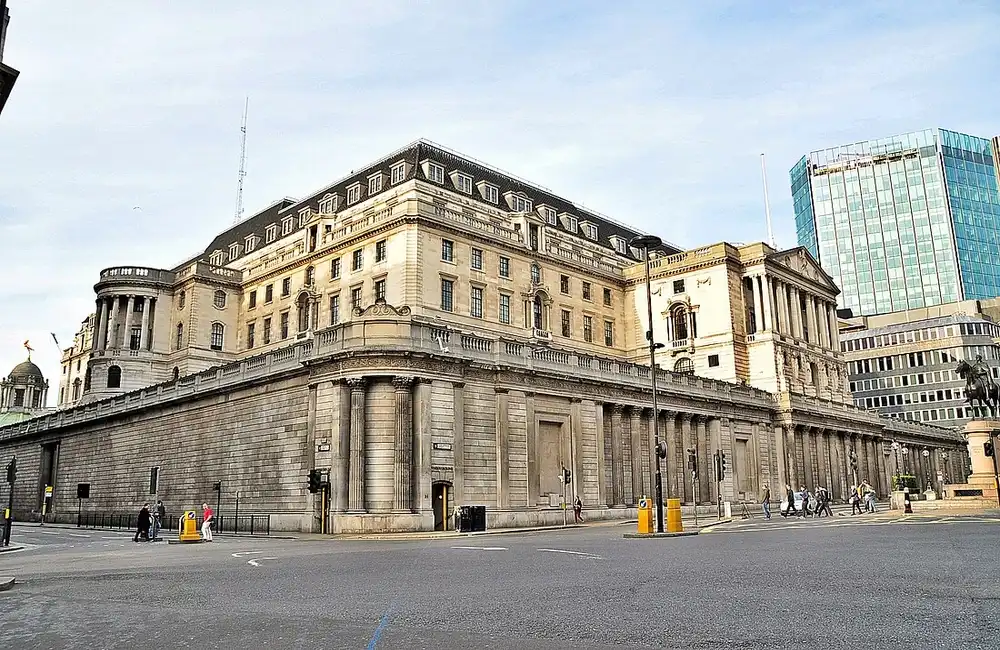The World Travel & Tourism Council (WTTC) has openly criticised the UK government for implementing tourism policies that it believes are causing direct harm to the sector.
The WTTC critique identifies a £2 billion decrease in international visitor spending between 2024 and 2019 as a direct result of both the elimination of tax-free shopping and new measures including increased air passenger duties and electronic travel authorisations (ETAs).
This article analyses the financial consequences of recent changes in tourism policy and their effects on the tourism, retail, and hospitality industries while providing key investment insights for those facing a difficult regulatory environment.
A Tourism Sector Under Pressure
The UK's economy relies heavily on tourism which generated about £214 billion to the GDP in 2019 based on WTTC figures. Recent changes in government policy have created major concerns for industry stakeholders. The WTTC has identified three significant measures which have reduced the UK's competitiveness as a tourism destination.
- International visitors can no longer benefit from tax-free shopping in the UK.
- The surge in air passenger duties.
- The initial implementation followed by subsequent fee hikes of ETAs.
The combination of these policies has made international visitors view the UK as a more costly and less accessible destination which has impacted tourism-dependent businesses throughout the country.
Policy Changes and Their Effects
1. Elimination of Tax-Free Shopping
The UK was a popular shopping destination for international tourists who could reclaim VAT on their purchases until a change ended this financial benefit for overseas shoppers. Luxury retail brands have faced significant effects from the elimination of this privilege.
Bond Street shopping districts in London that depend on wealthy international customers are now struggling to maintain their success. France and Spain allow tax-free shopping which brings wealthy tourists to Paris and Barcelona while neighbouring countries benefit from this practice.
2. Increase in Air Passenger Duties
The increased costs for long-haul flights have caused the UK to become a pricier travel destination for high-spending tourists from the United States, India, and China compared to other European countries. This policy shuts off an essential stream of tourism revenue which threatens to hinder future visitor growth.
3. Electronic Travel Authorisations (ETAs) and Fee Hikes
The fee increase from £10 to £16 reinforces the view that the UK remains both costly and unwelcoming to visitors. Many potential visitors find the ETA process discouraging compared to easier entry requirements in Europe.
Economic Impact of Policy Shifts
According to the WTTC, there has been a £2 billion decrease in international visitor expenditure which demonstrates missed opportunities to leverage post-COVID demand. The 44% budget reduction faced by VisitBritain further complicates these problems, reducing international promotion capabilities.
Limited resources for promotional campaigns will worsen the drop in visitor numbers and investor confidence in tourism-dependent sectors like hospitality and events.
Investor Considerations
Risks
- Revenue Declines: Especially for companies in retail and hospitality dependent on overseas spending.
- Weakened Brand Competitiveness: UK firms risk losing to EU competitors with more favourable policies.
- Sector-Specific Volatility: Tourism-related industries face cost pressures, demand drops, and inflation concerns.
Opportunities
- Domestic Tourism Investment: Shift focus to local experiences and attractions to capture new revenue.
- Technology-Driven Solutions: Invest in AI and travel tech to optimise experiences and reduce operational costs.
- Strategic Acquisitions: Depressed valuations open potential for long-term M&A opportunities.
WTTC's Call to Action and Long-Term Implications
The WTTC insists that immediate adjustments to government tourism policies are essential. If the UK fails to intervene, it risks greater economic damage and reduced foreign investment. Partnerships between businesses and VisitBritain could help strengthen promotional efforts.
Final Thoughts
Tourism policies in the UK influence more than just travel, it affects the retail, hospitality, and investment sectors. Investors must track changing legislation and prepare for emerging opportunities by focusing on adaptability and sustainable sector strategies.


















